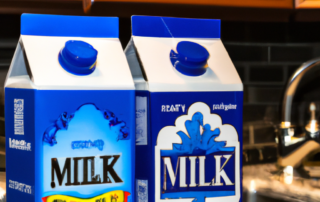How to Position Your Brand: The Behavioral Science Behind Relative Differentiation
The debate between differentiation and distinctiveness in brand positioning is a false dichotomy. While distinctiveness is more important for a brand, differentiation can also be used to your advantage. Understanding your brand positioning relative to competitors is a valuable strategic tool that can help your brand consistency in your tactical efforts. In this article, I discuss how you can build and measure the values that differentiate your brand.




